Explained: the UK’s new ‘traffic light’ system to manage local lockdowns
Downing Street hopes the scheme will help avoid unnecessary economic disruption
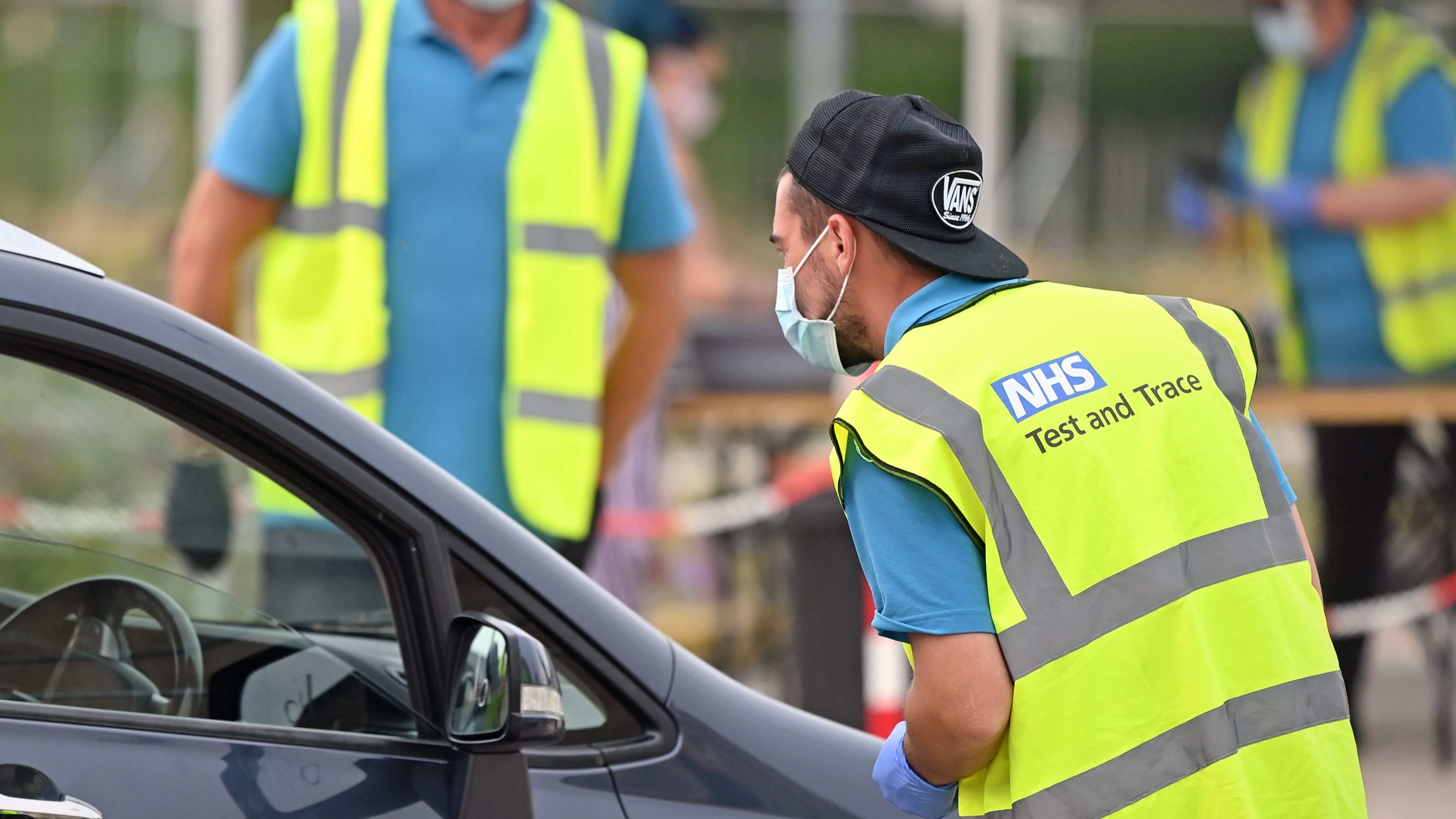
A free daily email with the biggest news stories of the day – and the best features from TheWeek.com
You are now subscribed
Your newsletter sign-up was successful
The government is working on plans for a three-tier “traffic light” system to trigger local lockdowns in England and Wales, according to reports.
Metro says that the new scheme “would see local authority areas ranked red, orange or green – depending on the severity of the pandemic locally”. The plan was “signed off by cabinet ministers at a meeting of a key Covid-19 cabinet committee last week” and has been sent to Boris Johnson for approval, The Telegraph reports.
The news comes as the government’s long-awaited contact-tracing app for the two nations finally launched on Thursday. The app uses Apple and Google’s automated contact-tracing technology “to tell people to self-isolate if their phone detects they were near someone later determined to have the virus”, says the BBC.
The Week
Escape your echo chamber. Get the facts behind the news, plus analysis from multiple perspectives.

Sign up for The Week's Free Newsletters
From our morning news briefing to a weekly Good News Newsletter, get the best of The Week delivered directly to your inbox.
From our morning news briefing to a weekly Good News Newsletter, get the best of The Week delivered directly to your inbox.
The app also feature a venue check-in barcode scanner; a postcode-based risk-level checker; a symptoms reporter; the means to order a coronavirus test and receive results; and a countdown timer to keep track of how long to stay in self-isolation.
According to The Daily Mirror, the proposed traffic light system “would work alongside the Test and Trace app”, with people “sent texts when the rules in their towns changed due to any change in the infection rate”.
In addition to providing “a simple and transparent way for people to know what the restrictions are in their local areas”, the traffic lights scheme would “also allow England to avoid another economically damaging lockdown by needlessly shutting down areas in which infection rates are low”, adds The Telegraph.
The paper says that the prime minister “hinted at” the plans when he told the Commons this week that “one of the great advantages” of NHS Test and Trace “is that we now have the ability to see in granular detail where the epidemic is breaking out and exactly which groups are being infected”.
A free daily email with the biggest news stories of the day – and the best features from TheWeek.com
A blueprint of the three-tier system has already been set out by authorities in London. Under the proposals, the capital would be split into areas with fewer than 20 cases per 100,000 (green), 20 to 50 per 100,000 (amber), and more than 50 per 100,000 (red).
In “green” areas, Covid marshals would enforce the nationwide social distancing restrictions, with schools, care homes and businesses monitored to make sure they are Covid-secure.
The “amber” tier would see social contacts and people’ movements restricted further, with testing ramped ups.
And “red” areas would be subject to stricter local lockdowns, although schools would only be closed as a last resort.
If the system were applied to England today, a total of 30 million people in 149 local authorities would be subject to the amber and red tiers.
Health Secretary Matt Hancock is reportedly among the ministers championing the scheme. However, a Whitehall source told The Telegraph that “no decisions have been made”.
A senior government source added: “It still needs to be properly interrogated to see if this will work on a national level.”
-
 Local elections 2026: where are they and who is expected to win?
Local elections 2026: where are they and who is expected to win?The Explainer Labour is braced for heavy losses and U-turn on postponing some council elections hasn’t helped the party’s prospects
-
 6 of the world’s most accessible destinations
6 of the world’s most accessible destinationsThe Week Recommends Experience all of Berlin, Singapore and Sydney
-
 How the FCC’s ‘equal time’ rule works
How the FCC’s ‘equal time’ rule worksIn the Spotlight The law is at the heart of the Colbert-CBS conflict
-
 The new Stratus Covid strain – and why it’s on the rise
The new Stratus Covid strain – and why it’s on the riseThe Explainer ‘No evidence’ new variant is more dangerous or that vaccines won’t work against it, say UK health experts
-
 Covid-19: what to know about UK's new Juno and Pirola variants
Covid-19: what to know about UK's new Juno and Pirola variantsin depth Rapidly spreading new JN.1 strain is 'yet another reminder that the pandemic is far from over'
-
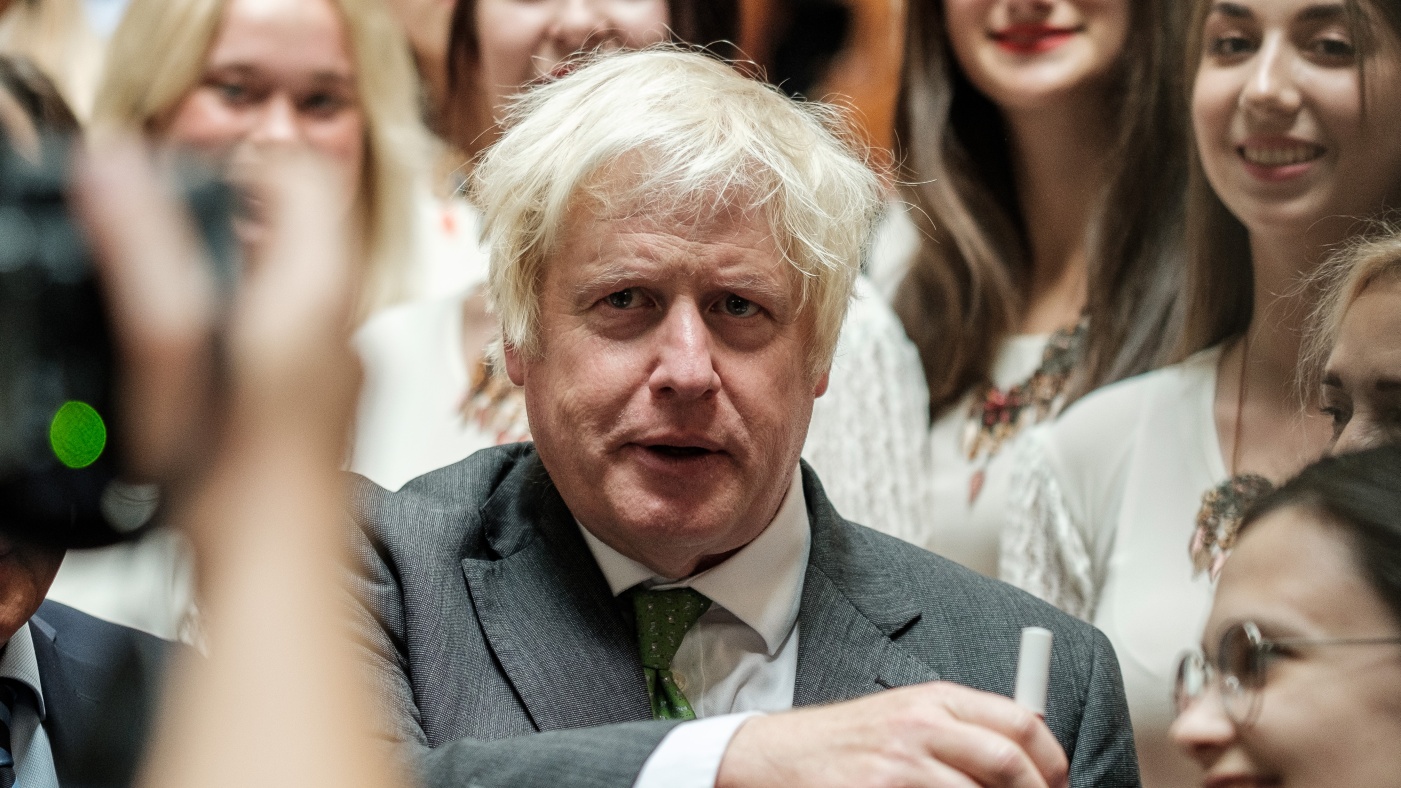 Covid inquiry: the most important questions for Boris Johnson
Covid inquiry: the most important questions for Boris JohnsonTalking Point Former PM has faced weeks of heavy criticism from former colleagues at the public hearing
-
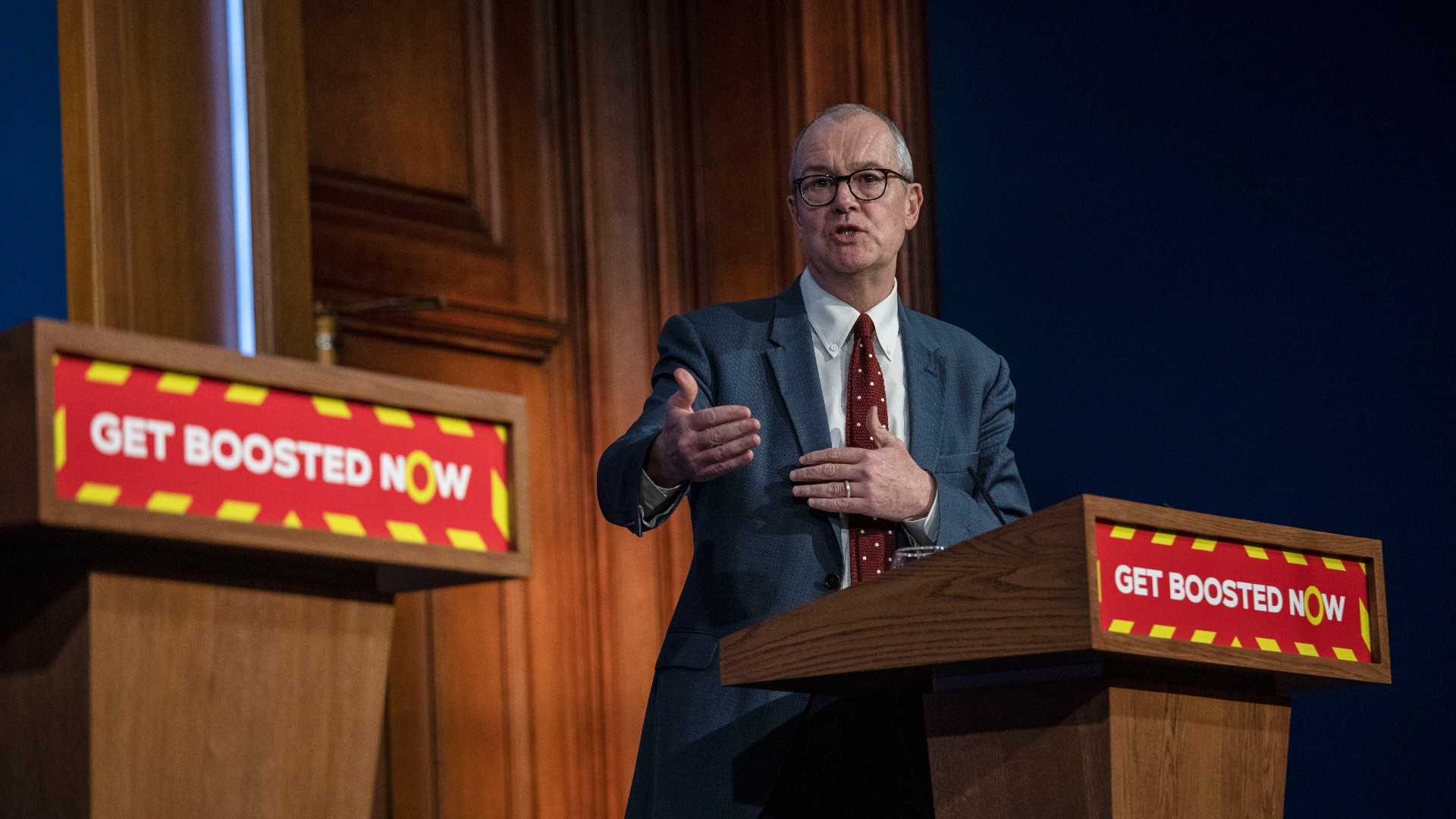 Vallance diaries: Boris Johnson 'bamboozled' by Covid science
Vallance diaries: Boris Johnson 'bamboozled' by Covid scienceSpeed Read Then PM struggled to get his head around key terms and stats, chief scientific advisor claims
-
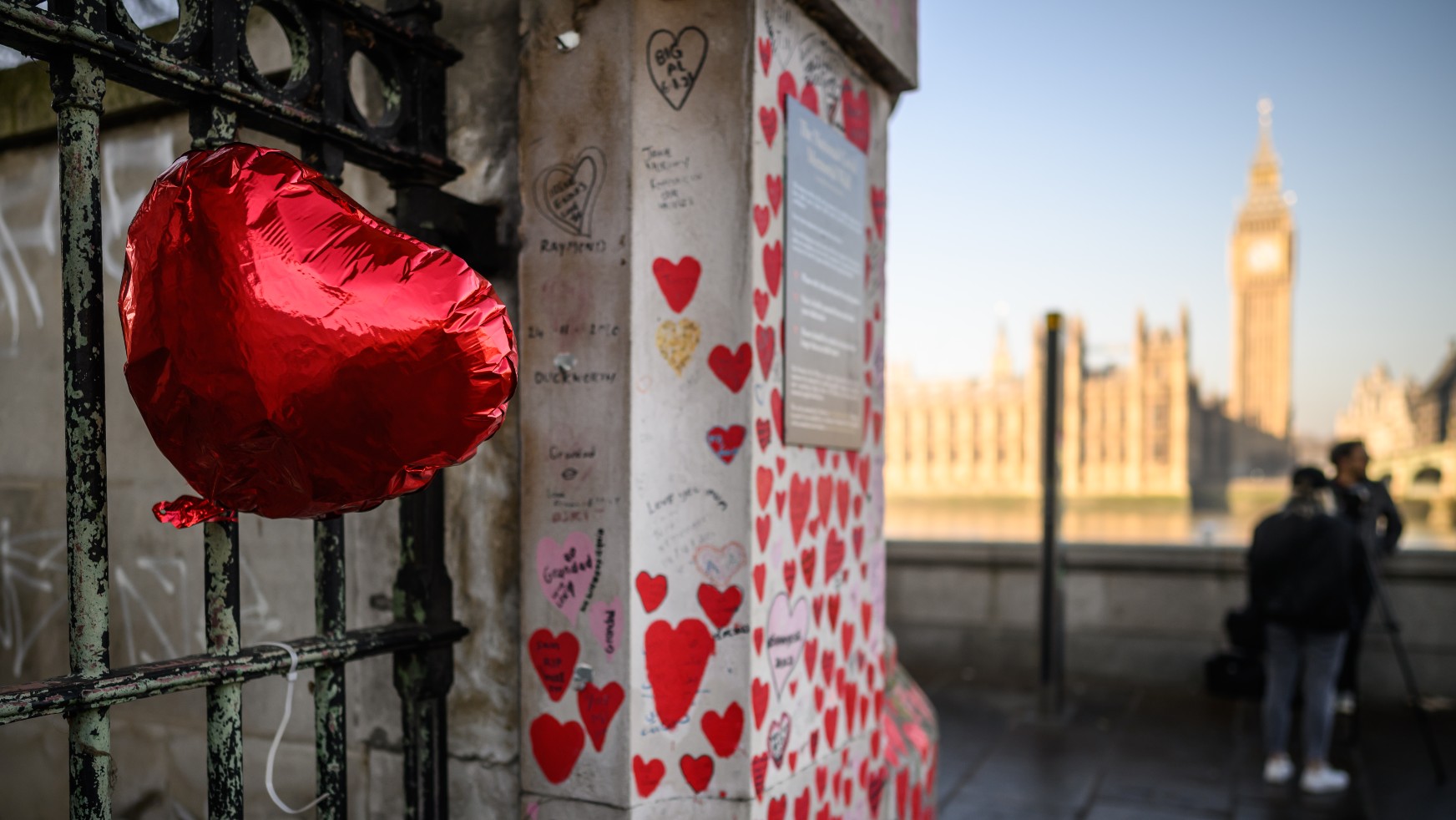 Covid inquiry: can it bring about meaningful change?
Covid inquiry: can it bring about meaningful change?Today's Big Question Bereaved families demand answers as public hearings examining almost every aspect of the British state get underway
-
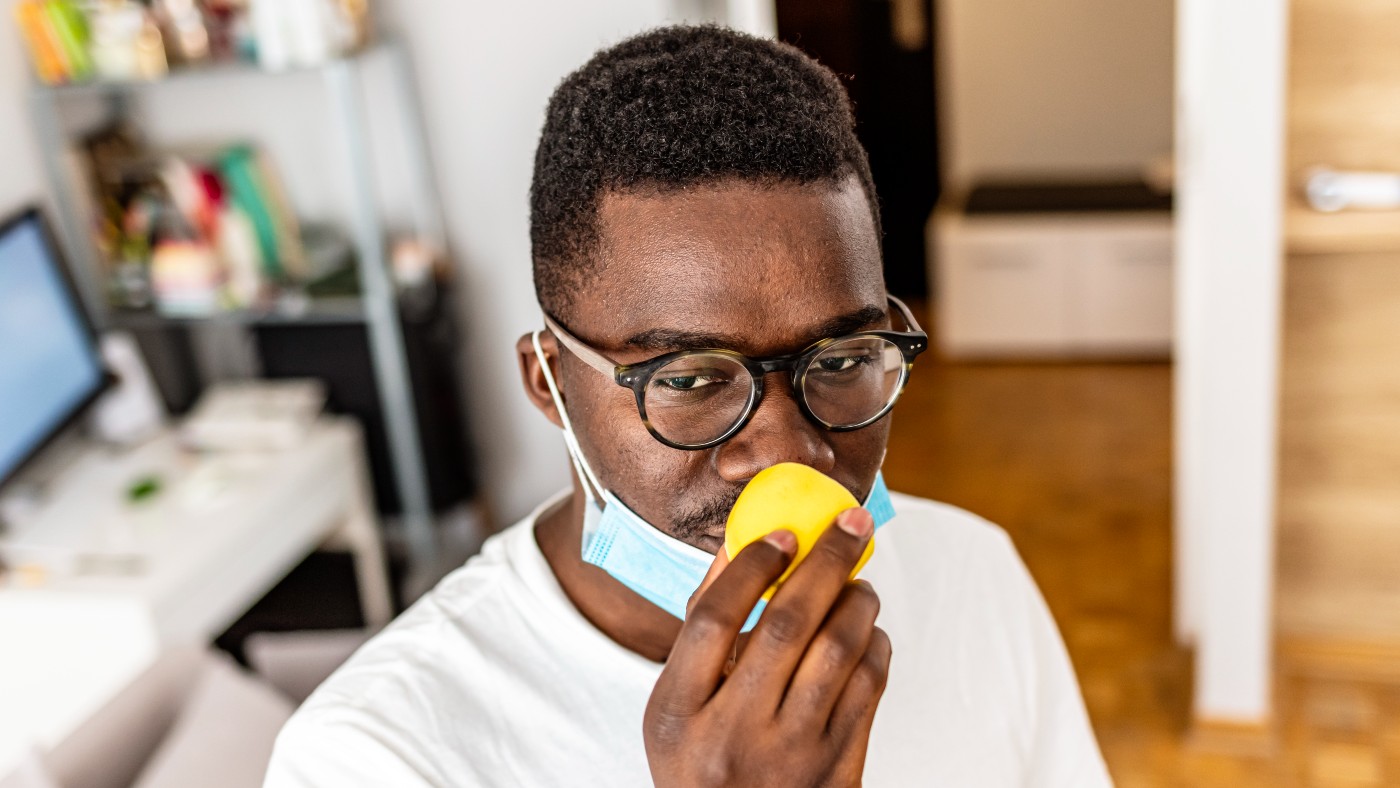 Good health news: seven surprising medical discoveries made in 2023
Good health news: seven surprising medical discoveries made in 2023In Depth A fingerprint test for cancer, a menopause patch and the shocking impacts of body odour are just a few of the developments made this year
-
 How serious a threat is new Omicron Covid variant XBB.1.5?
How serious a threat is new Omicron Covid variant XBB.1.5?feature The so-called Kraken strain can bind more tightly to ‘the doors the virus uses to enter our cells’
-
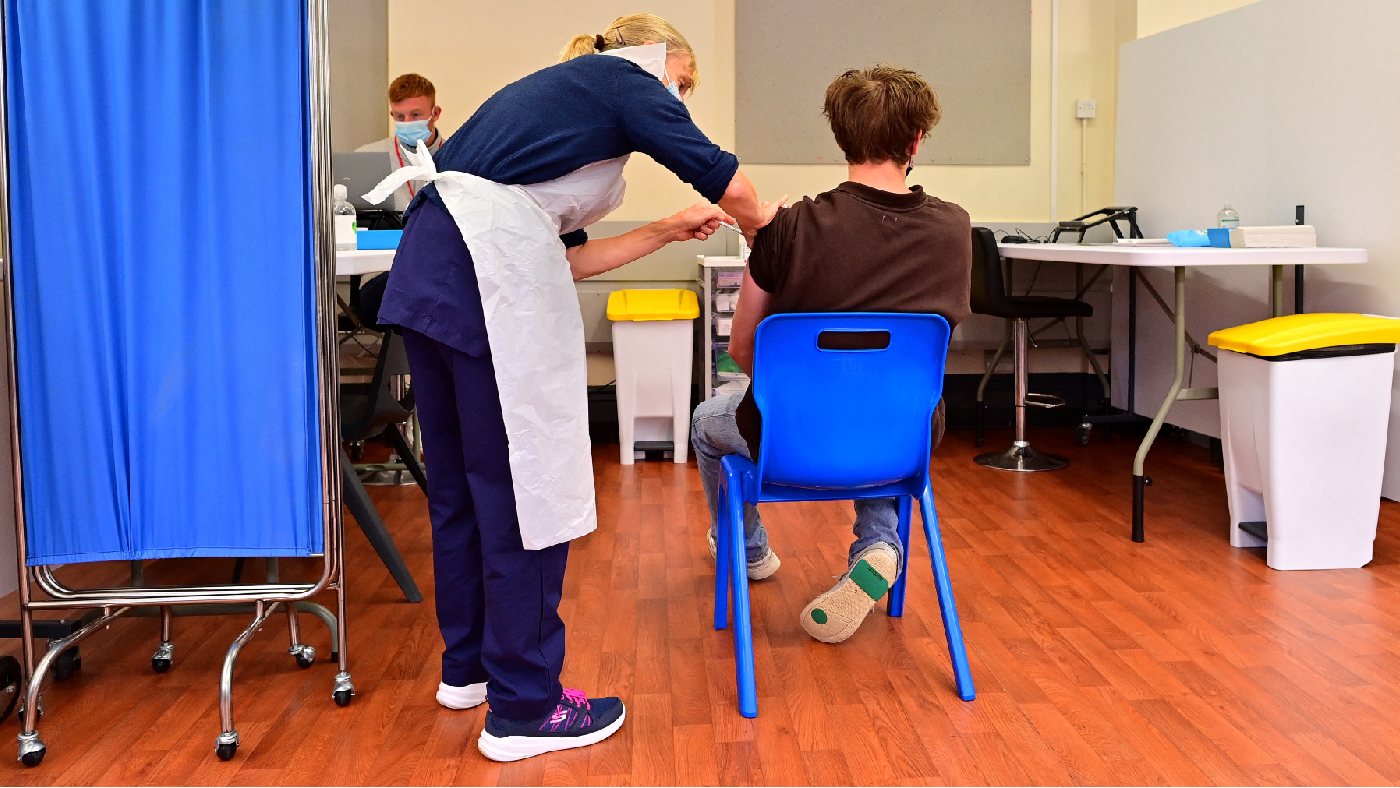 Will new ‘bivalent booster’ head off a winter Covid wave?
Will new ‘bivalent booster’ head off a winter Covid wave?Today's Big Question The jab combines the original form of the Covid vaccine with a version tailored for Omicron